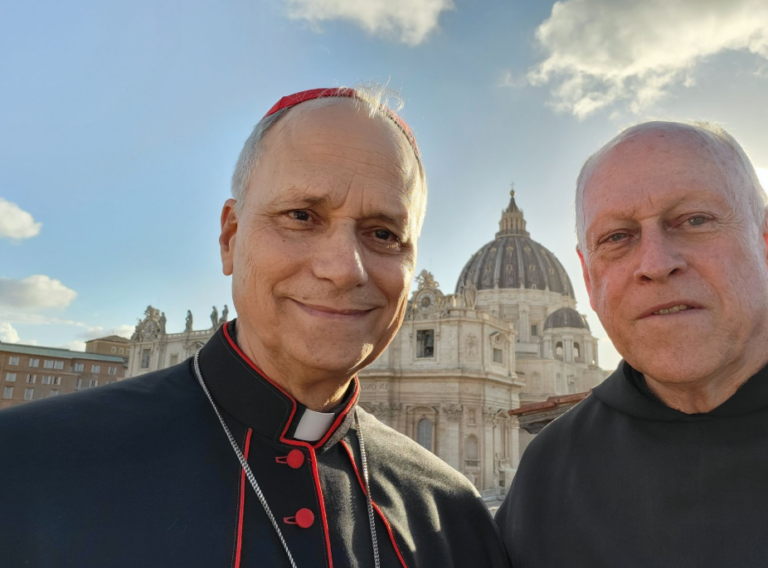Catholic Climate Covenant released the following statement from Executive Director Jose Aguto on the eve of the U.N climate change conference (COP28) in Dubai:
We pray for the quick recovery of Pope Francis. And we pray that our leaders will be guided by wisdom, compassion, and a responsibility for the global common good as they make decisions at COP28 that will shape the future of our planet, its people, and all creation. The climate crisis is upon us, and yet as Pope Francis said in Laudate Deum, “our responses have not been adequate, while the world in which we live is collapsing and may be nearing the breaking point.” While President Biden will not be attending, our nation can and must be at the forefront of global efforts to combat the climate crisis. We must act with courage, committing to solutions based upon the scientific evidence. Unless we act now we risk being unable to deal with the effects of climate change.
We expect our leaders to prioritize the health of our planet over the status quo, and urge them to commit to ambitious and accountable targets for reducing greenhouse gas emissions, and the rapid transition to renewable energy sources. In line with the teachings of Pope Francis and the core tenets of the Catholic faith, we also expect them to uphold principles of climate justice, ensuring that the poorest and most vulnerable communities, who are often the most affected by climate change, are not left behind.
In the spirit of Laudato Si’ and Laudate Deum, we pray they remember that there are three interconnected relationships that demand our attention: our relationship with the Creator, with each other and with our common home, Earth. We cannot attend to just one of these relationships and exclude the others, remaining indifferent to the other two.
We urge our leaders to take bold and decisive action at COP28, including:
- Commitments to prudent, science-based solutions that, in the words of Pope Francis, must be “drastic, intense and count on the commitment of all” as well as to forms of “energy transition that meet three conditions: that they be efficient, obligatory, and readily monitored.”
- Steadfast adherence to the principle of common and differentiated responsibilities for and in solving the climate crisis. As the U.S. bishops said in their 2001 global climate change statement: “Because of the blessings God has bestowed on our nation and the power it possesses, the United States bears a special responsibility in its stewardship of God’s creation to shape responses that serve the entire human family.”
- Commiting to funding for the Loss and Damage Fund in proportion to the needs of nations most impacted by the climate crisis.
- Support for the Fossil Fuel Non-Proliferation Treaty as a global and multi-sectoral expression of support for a clean energy future.
- Solutions such as forgiveness and restructuring of the debts of developing nations in order to finance climate solutions at the scale of need, so that their peoples may be protected from the impacts of the climate crisis.
###




